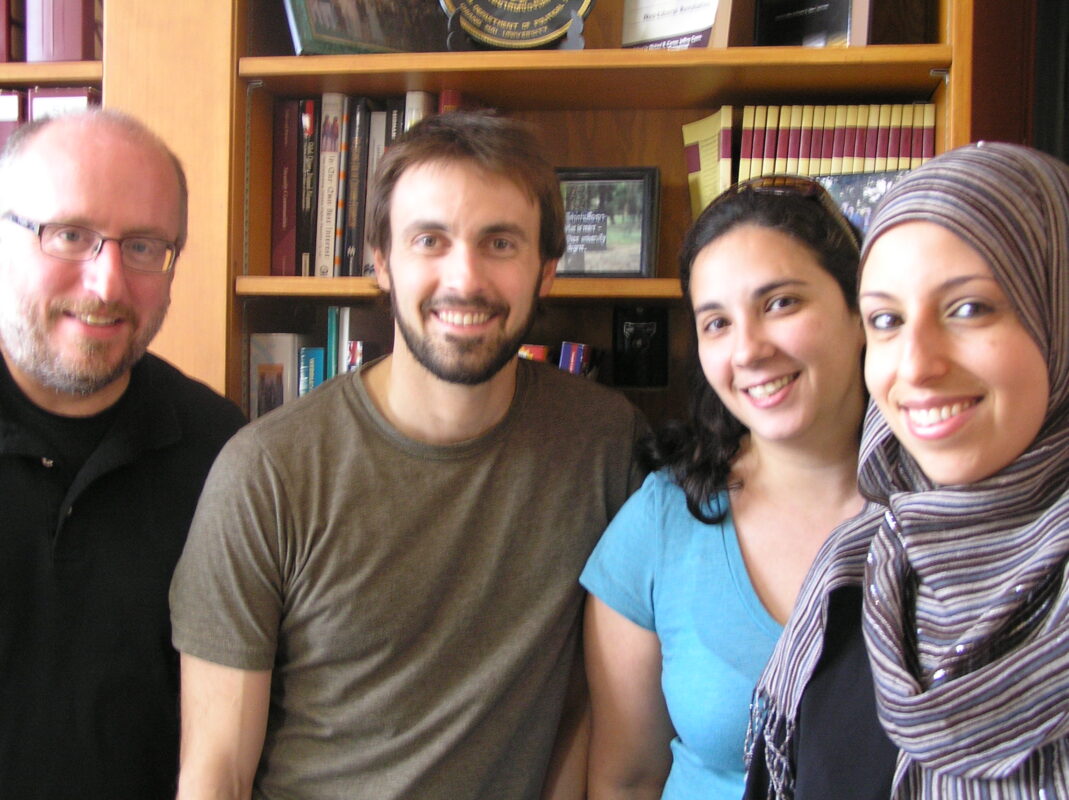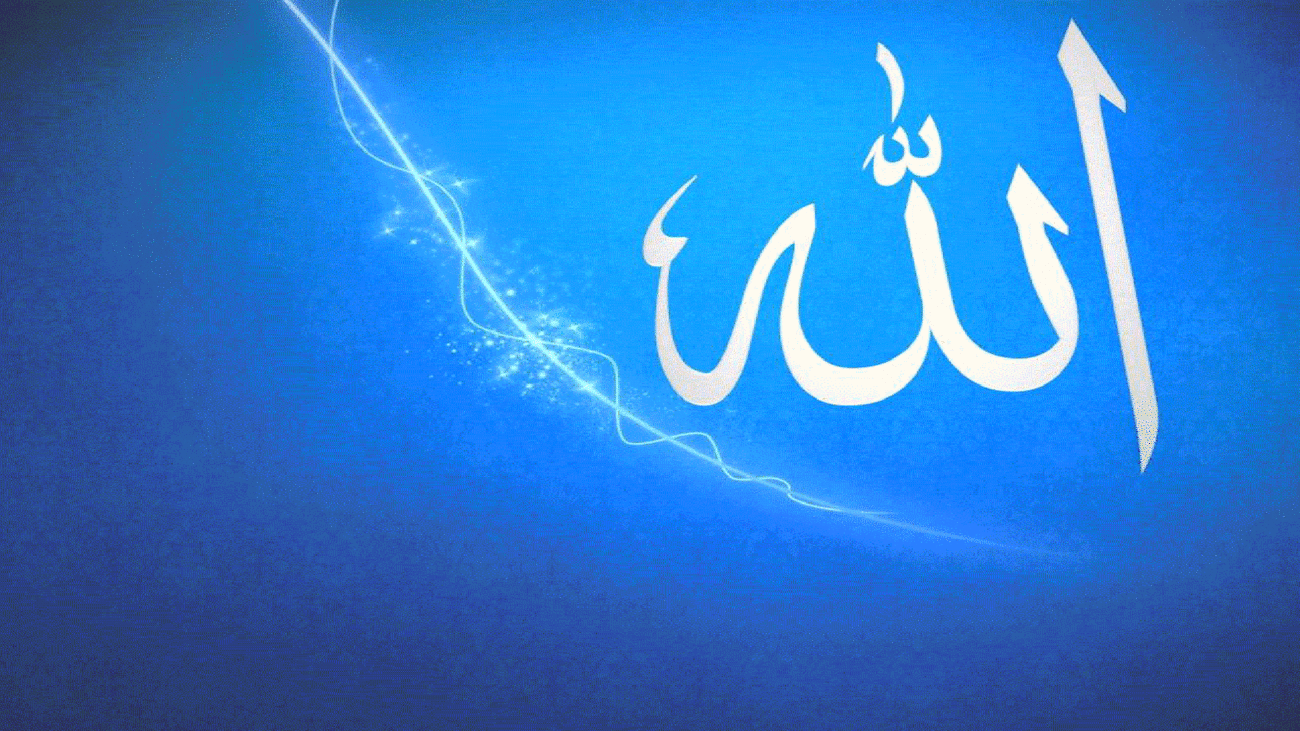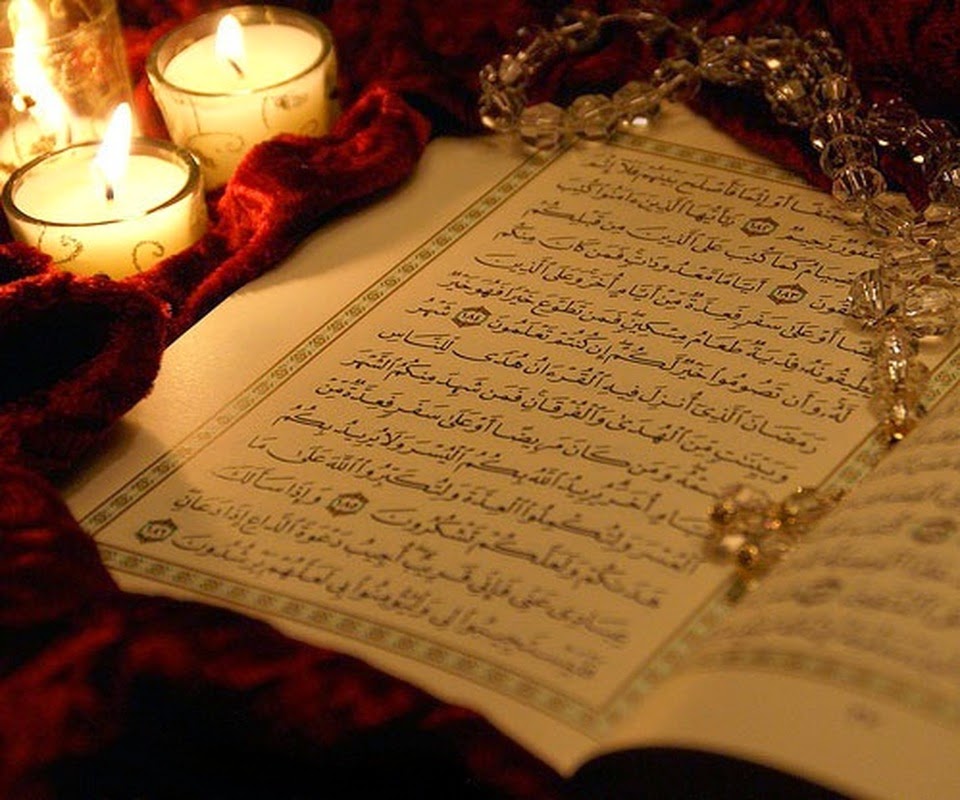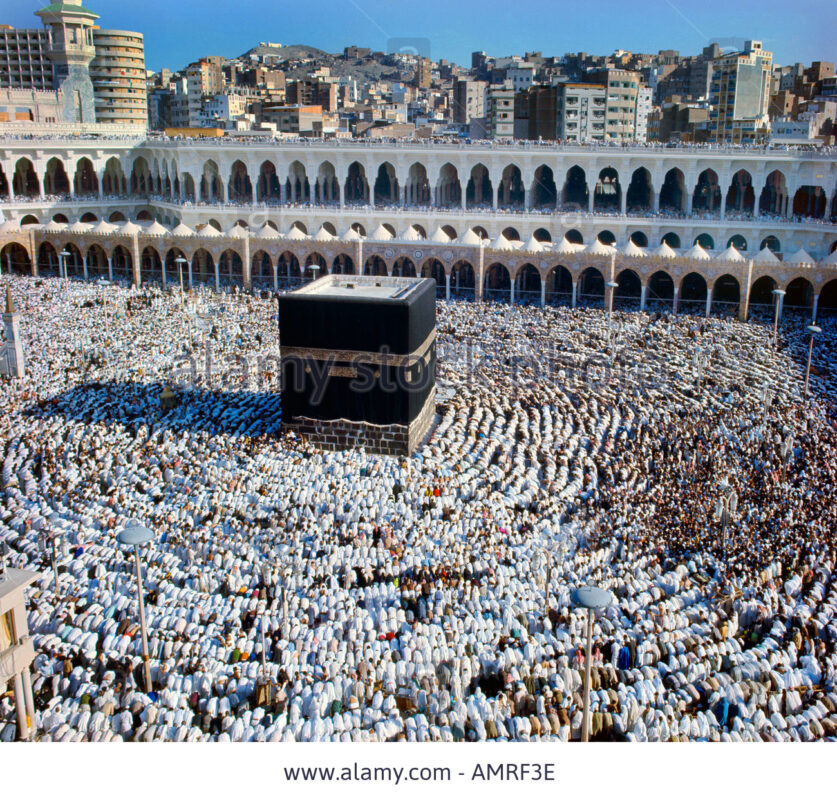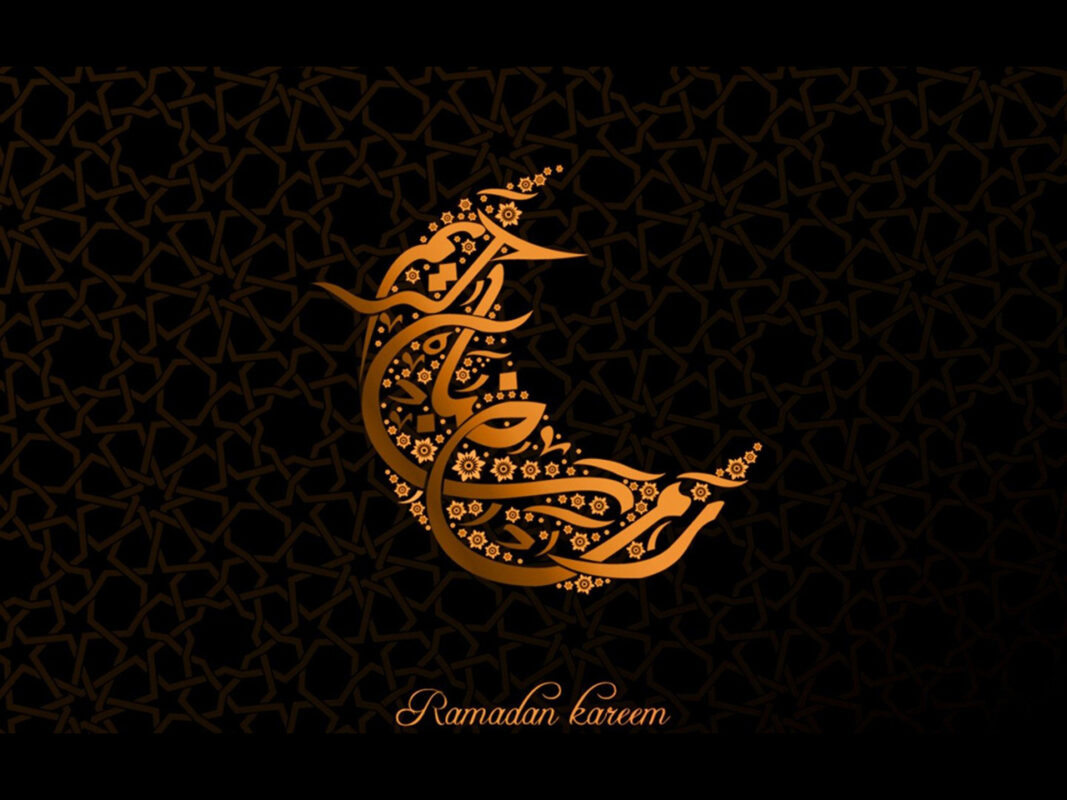Faith is indeed a blessing from Allah and should not be taken for granted. Just as it may increase and become fuller and stronger, it may also weaken and become less and less until it is minimal or non-existent. Hence it becomes very important for a Muslim to take steps not only to preserve his faith but also to increase it.
The uppermost branch of faith is the true, sincere, committed belief in Laa ilaaha illalaah Muhammad Rasoolulaah. Iman has over seventy branches. The lowest or most basic branch is to remove something harmful from the path. Abu Hurairah related that the Prophet, sallallaahu alayhi wa sallam, said:
“Faith has over seventy branches or over sixty branches, the most excellent of which is the declaration that there is no God but Allah and the humblest of which is the removal of what is injurious from the path; and modesty is a branch of faith.”
Muslim
Basically, to do everything that Allah (swt) has ordered us to do is a part of faith and to avoid all that He has asked us to avoid is a part of faith. A Muslim’s level and strength of faith are based upon his attitude and approach when he fulfils this.
“Then we have given The Book for inheritance to such of our servants as We have chosen. But there are among them some who wrong their own souls, some who follow a middle course, and some who are, by Allah’s leave, foremost in good deeds, that is the highest grace.”
(Qur’an 35:32)
Thus, man falls into one of the three following categories:
1 Dhaalim li Nafsihi: This person is self oppressed. He is constantly falling into sin and may be committing various acts of shirk.
2 Al- Muqtasid: he does only the basic obligations and is satisfied with this. He may also indulge in those things that are Makrooh (that which has been discouraged by Allah and His Prophet,(saws) but not prohibited.
3 Saabiq bil Khaaraat: This person lives as if he were in a race with others in doing that which is liked by Allah. He does all of the obligatory deeds and not being satisfied with this, he will strive to do more of the nawafil (the optional acts in the sunnah). He will make every attempt to avoid the Makrooh acts in fear of what they may lead them to.
One may ask, is it within the capacity of man to avoid all haram and makrooh and live his life doing only halal, fard and naafil deeds? Yes, it is very possible. Allah, (swt), tells us in the Qu’ran:
“On no soul does Allah place a burden greater than it can bear.”
(Qur’an 2:286)
“O you who believe! Bow down, prostrate yourselves and adore your Lord and do good so that you may prosper. And strive in His cause as you ought to strive; He has chosen you and has placed no difficulties on you in religion.”
(Qur’an 22:77-78)
All actions fall into two categories:
1. The obligatory acts which we are asked to avoid or do for the benefit of the individual and society
2. Those other than the obligatory deeds, which guide us to good in this life and which raise our level in the hereafter, placing us among the Saabiq bil Khayraat. Therefore of the first steps to increase is to work harder to do this second category of optional good deeds.
We must look for the doors that lead to good. These doors are many and we often have the opportunity to enter them but don’t realise it.
Kindness to parents and the poor, for example, are entrances to good deeds that are available to most everyone.
And the benefits are twofold:
1. The personal benefit you gain through your deeds; and
2. The benefit that is gained by society when you perform them.
Any door to good that you enter will place you closer to the Saabiq bil Khayraat level of faith. It will help you to attain righteousness and guidance and increase your Iman. Even paradise has doors for the faithful, those who were of the Saabiq bil Khayraat in their life on earth.
Abu Hurairah related that the Messenger (saws) of Allah said:
“Those who engage in prayer will be invited to enter by the Gate of Prayer; those who take part in jihad will be invited to enter by the gate of Sadaqah; and those who fast will be invited to enter by the Gate of Ar Rayaan.” Abu Bakr said; “No distress will rest on him who is invited to enter by those gates, but will any one be invited to enter by those gates,” He replied: “Yes, and I hope that you may be one.”
Bukhari and Muslim
Abu Bakr, (ra) was of the Saabiq bil Khayraat. He was never satisfied in doing a little or just one thing. He constantly opened and entered the doors to good and eagerly sought out others.
On one occasion, the Prophet (saws) asked his companions: Who among them had fasted the day before, Abu Bakr replied that he had. He then asked who had visited the sick the previous day, Abu Bakr replied that he did. Then he asked them who had given Sadaqah, and Abu Bakr said that he had. Umar, who always tried to compete with Abu Bakr in doing good deeds, admitted in respect, admiration and humble acknowledgement that he was much less than Abu Bakr.
(Not the exact wording of the hadith)
How does one enter these Iman strengthening doors and thereby step up in levels of faith?
It occurs by possessing those qualities and performing those deeds that constitute the different parts of faith called Shu’ab Al Eman (shuab meaning parts of faith). In stepping forth, certain approaches must be followed so that one’s effort is sincere and upon the path.
Du’a
The first of all deeds is du’a – supplication. Due to our absorption in today’s worldly life it is very important that before we perform any deed for Allah we clear our minds of such preoccupation’s and direct our attention to Him. There are two kinds of du’a- Du’a of request for help in this life and the hereafter and du’a of worship in which you are actually praising Allah. We should, before setting forth to do any deed, ask Allah to allow us to perform the deed and allow us to perform it well.
A man asked the Prophet, (saws) to teach him a supplication that would embody all supplications. He told him to make the following du’a:
Allahuma a’ anee ‘alaa dhikrika wa shukrikah wa husn ‘ibaadatik.
Abu Dawood and An Nasai
O Allah, help me to remember You often, and to thank You often, and to perfect my worship of You.
Shahadah
The highest branch of faith – Laa ilaaha illallah – must be fully developed within one’s life. The understanding of it’s deep implications will have a tremendous effect in one’s level of faith. As well, the one who says it sincerely in his heart will be admitted into paradise.
“Who forsake their beds to cry unto their Lord in fear and hope and spend out of what We have bestowed on them. No soul Knoweth what is kept hid for them of joy, as a reward for what they used to do.”
(Qur’an 16:32)
Then he said: “Shall I not tell you of the peak of the matter, its pillar and its topmost part? I said: “Yes, O Messenger of Allah.” “The peak is Islam; the pillar is prayer; and its top most part is jihad.
Al Tirmithi in An Nawawi’s 40 Hadeeth
Salah
The quality of the faithful is that they perform Salah with regularity, humility, and submissiveness (khushoo). Allah tells us in the first verses of surat Al Mu’minoon:
“Successful indeed are the believers; those who humble themselves in their prayers.”
(Qur’an 23:1-2)
The Prophet, (saws) said:
“There are five prayers which Allah has prescribed for His servants. For those who perform them properly without disrespectful omissions, there is a guarantee that Allah will admit them into paradise, To those who do not observe them (properly), Allah offers no such guarantee. He may punish them or he may admit them to paradise as He wills.”
Abu Dawud, An Nasai and Ibn Majaah
“Two members of my community may perform the prayer in such a way that their bowing and their prostration are as one, yet their prayers may be as far apart as heaven and earth.”
Al Haarith
“Though a man performs the entire prayer, he may get no credit but for a half of it, or a third of it, or a quarter, a fifth, a sixth, or a tenth. A man gets credit only for that part of his prayer of which he is conscious.”
Ahmad
If you were to prepare to visit a dignitary, a king or even your supervisor, you prepare yourself for such a meeting with great concern for every detail, being completely absorbed in this encounter. So what of your encounter with Allah during prayer? Shaytan will try as hard as he can to distract you. He will take away from you as much as he is able to and as much as you allow him to.
A Muslim should always approach Salah with the realisation that he is preparing to face His Lord.
The Prophet, (saws) said:
“Verily Allah faces his servant in prayer as long as he does not turn away.”
Tirmidhi
The sharh (explanation) of this hadith tells us that to turn away has two meanings:
1. The turning away of the heart so that your heart is not really present in your prayer.
2. The turning away of the eyes, looking about is distraction while praying.
The renown scholar Ibn Al-Qaym, has described the different performances of Salah in relation to Khushoo and classified people into four categories:
1. The one who offers prayer but is late in doing so, does not observe the requirements such as a proper ablution, and does not cover the awrah. As for the performance of the prayer itself, the pillars of the prayer are deficient, standing and prostration are not performed properly.
2. This person fulfils the physical conditions for prayer and performs the prayer as required yet is overcome by Al -Wasaawis the whisperings of Shaytan. His mind is completely removed from his prayer until the time of tasleem.
3. The person also offers the prayer properly and is also afflicted by Al-Wasaawis but he fights it and is in constant battle.
4. This very special person is he who finds prayer an oasis. He approaches it having fulfilled the prerequisites perfectly and with humility and performs the prayer with khushoo’, humbling himself before his Lord. He may even be unaware of happenings around him due to his absorption in his private meeting with Allah.
In the first case, this person has made the attempt to fulfill his obligation to pray but is not sincere. He will be punished for the deficiencies in his prayer.
In the second case, we have a person who makes sincere efforts to fulfill the prayer but is weak against shaytan and does not fight him. He will be rewarded for only the part of his prayer he did well as described in the previous hadeeth, one half, one third, etc.
As for the third category, this person is considered a mujahid against the whisperings of shaytan He will be rewarded for his sincere efforts and Allah will direct him to righteousness.
The final category is of those very rare individuals, the one we all wish to be in. They perform the prayer as the Prophets of Allah did, removing their hearts completely from the world. They love prayer most of all. Their eyes are filled with joy and ecstasy when they perform it. There is no question of their reward and their superiority of faith.
Prayer is a very important part of one’s Iman and plays a significant role in life. To achieve its benefits, it must be performed properly. It helps prevent one from committing evil and makes one successful in this life as well as in the Hereafter – but only when it is performed properly, humbly and sincerely. At the time of prayer angels spread about calling man to “put out the fire of sin” that he is burning.
Allah has promised us that prayer removes sin committed between them
The Prophet (saws) said:
“Verily, When a Muslim performs Wudu properly, and then observes salat five times a day his sins fall off , just as leaves fall off a tree.”
Ahmad
He then recited the following Ayat:
“And establish regular prayers at the two ends of the day and at the approaches of night for those things which are good, removes those things which are evil. That is a reminder for the mindful.”
(Qur’an 11:114)
It is not possible that a Muslim who observes prayer correctly could stand before his Lord without asking forgiveness for the sins he has committed.
If you develop khushoo in your prayer, you cannot consist in committing sins, because the effort of your prayer makes you aware and ashamed of your misdeeds.
For Example: If you are backbiting, your prayer will make you conscious of your deed. Your level of consciousness will be elevated and your faith will increase. This will make you less likely to fall into major sin.
Fasting
When Muslim fasts he does so not only, through abstaining from food and drink, but also shuns bad deeds, false words, etc.
The Prophet (saws) said:
“Whoever does not give up false words and evil actions, Allah is not in need of his leaving his food and drink.”
Bukhari
Fasting also presents many benefits other than simply fulfilling the commandments of Allah, and being rewarded for it. If you are prone to, incline, or fall into sin fasting will lessen your evil inclination.
For Example: A man who is unable to marry is recommended to fast, this will lessen his desires. We also know from the hadith “ The devils are chained during Ramadan” that during fasting, man is not as easily influenced by them. This you can see in your own personal change of religious consciousness when you fast during Ramadan.
For the one who fasts properly, gaining the full benefit, it is an exercise and training for the whole year. You gain a kind of power and change which you carry through the whole year. But you should not stop once Ramadan ends. Make fasting a habit, at least occasionally.
The Prophet (saws) consistently fasted at least three days a month. By fasting periodically, you retrieve some of the spiritual uplifting that Ramadan brings throughout the year. This is a very strong faith strengthening tool that all can apply.
Sadaqah
Here we are referring to the charity you give voluntarily, not the obligatory Zakat. It is the voluntary sadaqah that strengthens faith, the more you do, the more you erase your bad deeds. Sadaqah is not only monetary. There are many deeds that are considered sadaqah. If someone wishes to give sadaqah, and you assist in its delivery, for example, you are rewarded for giving sadaqah yourself.
Ayesha (ra) related that the Prophet (saws) informed them as to who would follow him in death saying:
“The one who has the longest hands amongst you would meet me most immediately.”
Muslim
She further said:
“The Prophets wives used to measure their hands as to who was the biggest. It was the hand of Zainab that was the longest amongst them, as she used to work with her hands and spend that income in charity.”
Muslim
It was Zainab bin Jahsh whose long hand reached out to the poor so often, not with money but food and other things that she had to give, she was the first of his wives to die after him.
The Prophet (saws) said:
“Every Muslim has to give sadaqah.” He was asked “If someone has nothing to give, what should he do?” He said “He should work with his hands and benefit himself, and also give in charity (from what he earns)”.
The people then asked:
“If he cannot find even that?” He replied. “Then he should perform good deeds and keep away from evil deeds and this will be regarded as charitable deeds.”
Bukhari and Muslim
He also said:
“None of you women should consider even a sheeps trotter to insignificant a gift to give to her neighbor.”
Bukhari and Muslim
Mu’aadh bin Jabal related from the Prophet (saws):
“Sadaqah extinguishes sin as water extinguishes fire.”
Ahmad, Al-Tirmidi and Ibn Maajah
The Prophet (saws) said:
“The believers shade on the day of resurrection will be his sadaqah.”
Source: missionislam.com [External/non-QP]

